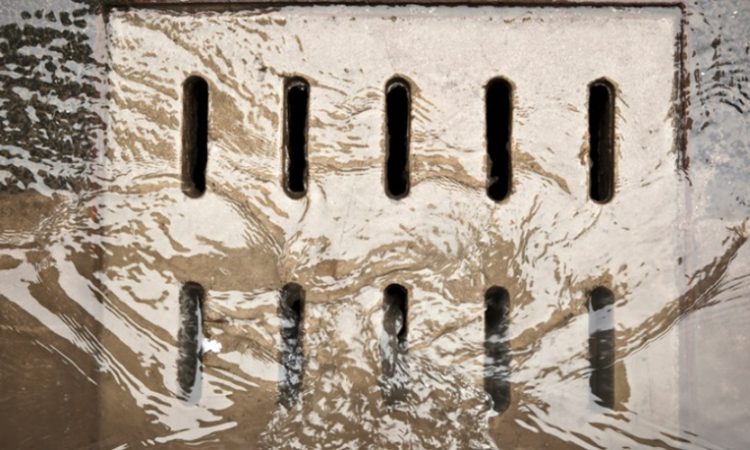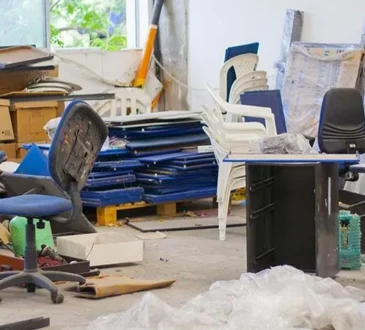
Sustainable landscaping is becoming increasingly important as homeowners and businesses seek to create environmentally friendly and resilient outdoor spaces. Effective drainage solutions are a crucial component of sustainable landscaping, helping to manage water efficiently, prevent soil erosion, and support healthy plant growth. If you’re looking for drainage solutions in Alpharetta, it’s essential to understand how these systems contribute to sustainability. Here’s a closer look at the role of drainage solutions in sustainable landscaping.
Preventing Soil Erosion
One of the primary benefits of effective drainage solutions is the prevention of soil erosion. Erosion can deplete the soil of its nutrients, destabilize the landscape, and negatively impact plant growth. By managing water flow and preventing runoff, drainage systems such as French drains, swales, and retaining walls help maintain soil integrity. This not only supports plant health but also reduces the need for additional fertilizers and soil amendments, promoting a more sustainable landscape.
Enhancing Water Conservation
Sustainable landscaping emphasizes the efficient use of water resources. Poor drainage can lead to waterlogging, which wastes water and harms plants. Drainage solutions like rain gardens and permeable pavements allow water to infiltrate the soil slowly, replenishing groundwater supplies and reducing the need for supplemental irrigation. By capturing and reusing rainwater, these systems help conserve water, making your landscape more sustainable.
Supporting Plant Health
Healthy plants are the foundation of any sustainable landscape. Proper drainage ensures that plants receive the right amount of water without becoming waterlogged. Overly saturated soil can suffocate roots and lead to plant diseases. By implementing the key tips on finding the perfect drainage solution for your yard, you can create an optimal growing environment that promotes robust plant health and reduces the need for chemical interventions.
Reducing Flood Risk
Flooding can cause significant damage to landscapes, homes, and infrastructure. Effective drainage solutions mitigate the risk of flooding by directing excess water away from vulnerable areas. This is especially important in regions prone to heavy rainfall or flash floods. Sustainable drainage systems, such as bioswales and green roofs, help absorb and manage stormwater, protecting your property and the surrounding environment.
Promoting Biodiversity
Sustainable landscapes often aim to promote biodiversity by supporting a variety of plant and animal species. Proper drainage creates a stable environment where diverse plant species can thrive. Additionally, features like rain gardens and wetlands provide habitats for beneficial insects, birds, and other wildlife. By enhancing biodiversity, drainage solutions contribute to a more balanced and resilient ecosystem.
Improving Soil Structure
Soil structure plays a crucial role in sustainable landscaping. Compacted or poorly drained soil can hinder root growth and reduce soil fertility. Drainage solutions like aeration and the use of organic mulches improve soil structure by allowing air and water to penetrate the soil more effectively. This supports healthy root development and enhances the soil’s ability to retain moisture and nutrients.
Minimizing Chemical Use
Poor drainage can lead to problems such as mold, mildew, and pest infestations, often requiring chemical treatments to manage. By addressing drainage issues, you can reduce the need for pesticides and fungicides, promoting a healthier and more sustainable landscape. Natural drainage solutions, such as using native plants and creating buffer zones, also help manage pests and diseases naturally.
Enhancing Aesthetic Appeal
Sustainable landscapes are not only functional but also visually appealing. Proper drainage helps maintain the aesthetic quality of your landscape by preventing issues such as standing water, muddy areas, and erosion scars. Features like rain gardens and bioswales can be designed to enhance the beauty of your landscape while providing essential drainage functions.
Conclusion
Effective drainage solutions are integral to sustainable landscaping. By preventing soil erosion, conserving water, supporting plant health, reducing flood risk, promoting biodiversity, improving soil structure, minimizing chemical use, and enhancing aesthetic appeal, drainage systems play a vital role in creating resilient and eco-friendly landscapes. Investing in the right drainage solutions not only protects your property but also contributes to a healthier environment. For a sustainable landscape that thrives, consider implementing effective drainage solutions tailored to your specific needs.




